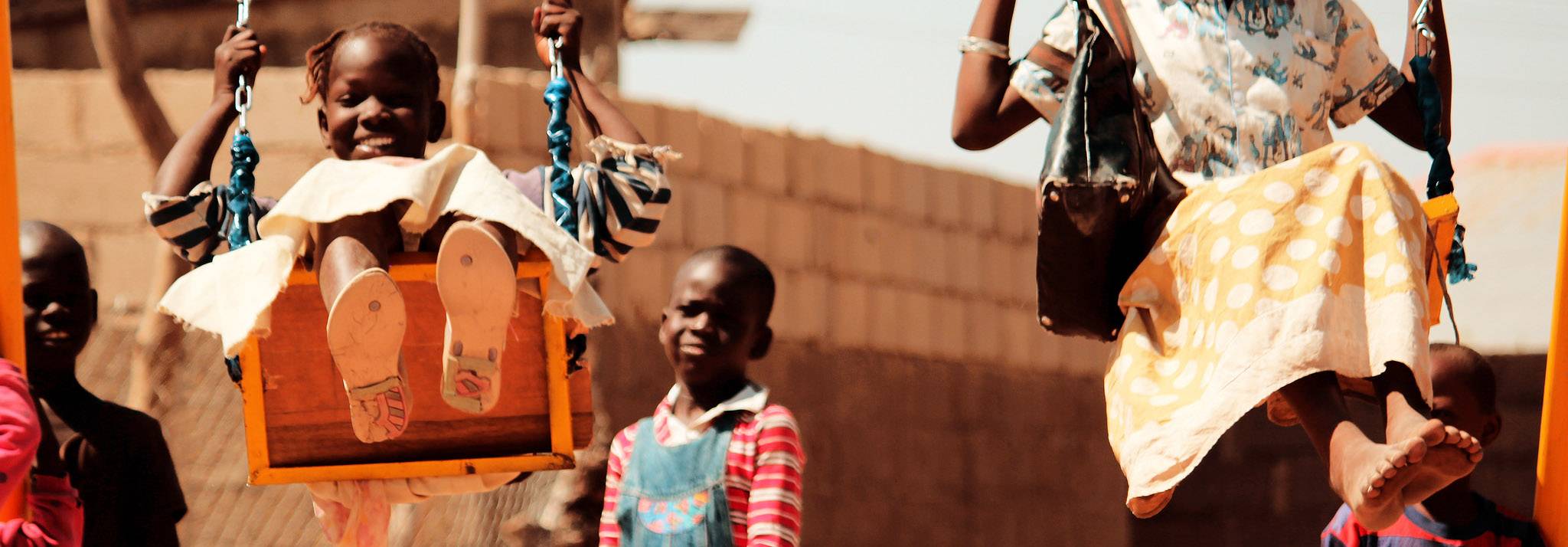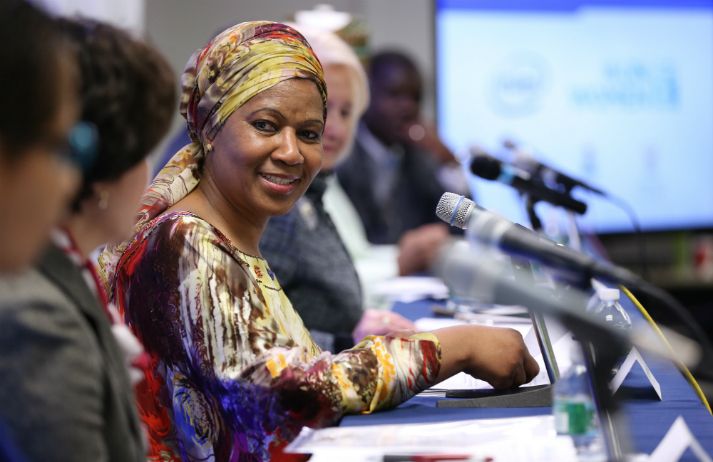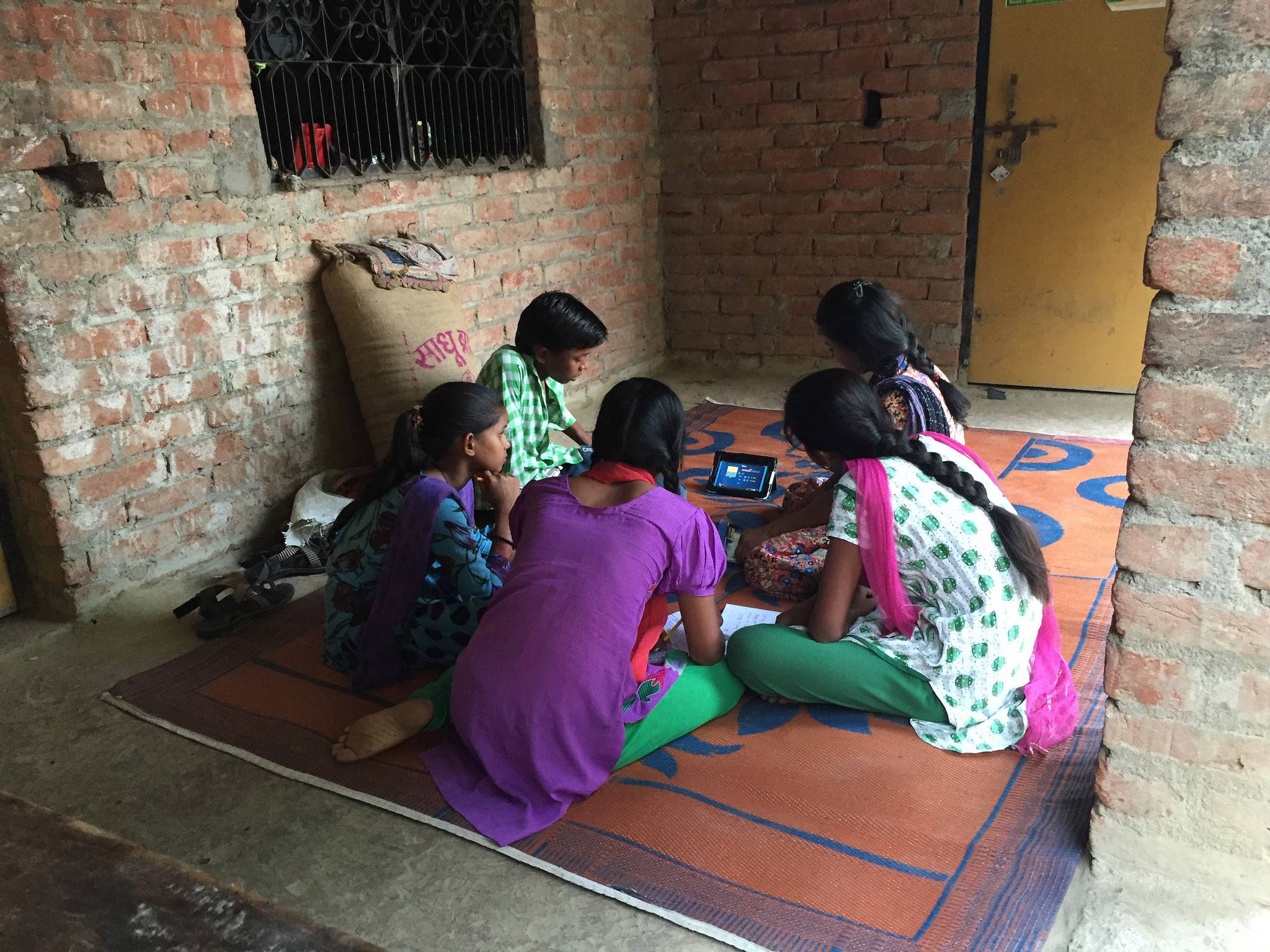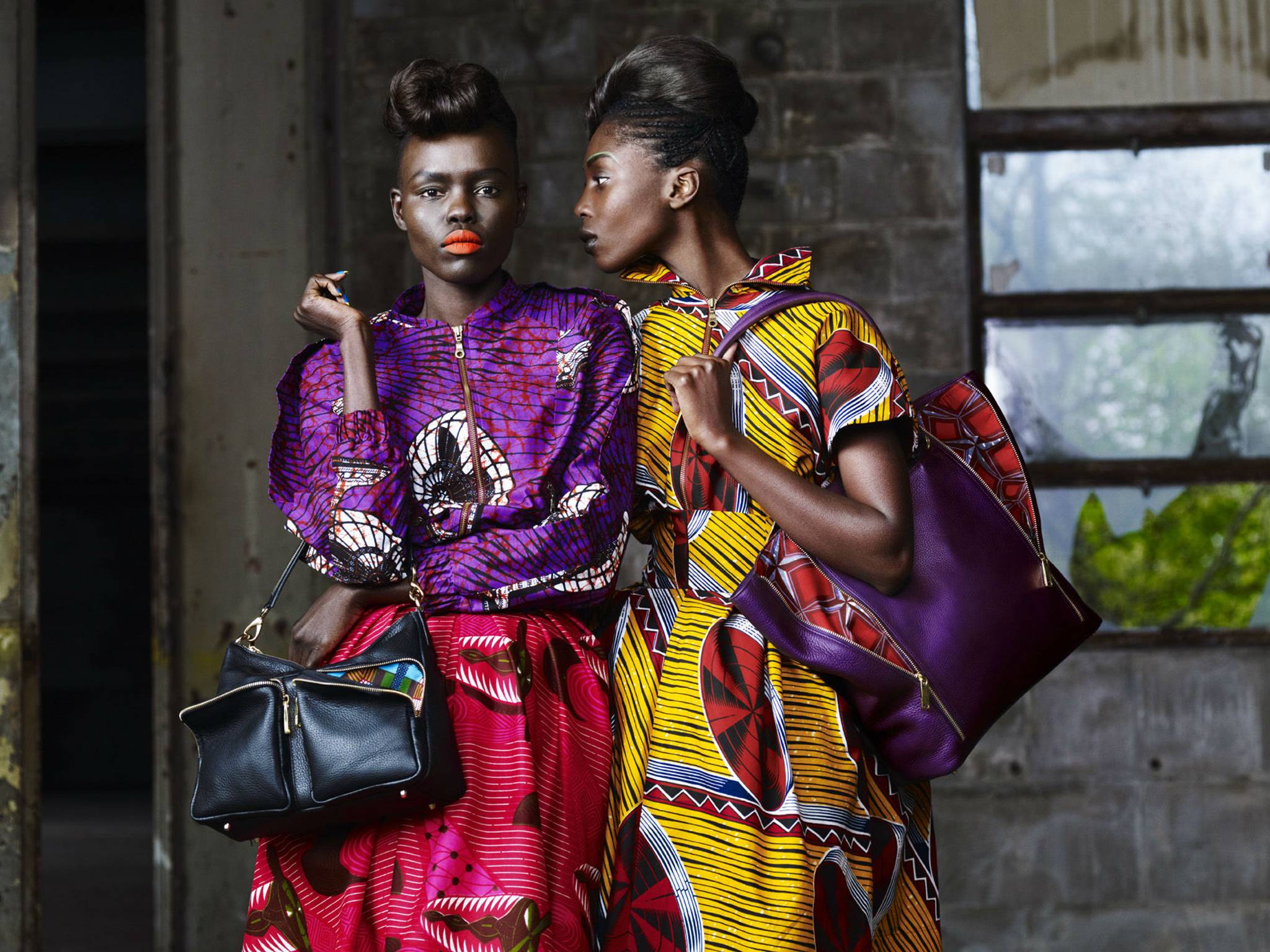
The BBC has launched BBC Pidgin, which offers media coverage in the West African Pidgin dialect. As minorities come to demand better representation, inclusivity is extending to the language in which brands communicate, not just the content itself. We explore the insights behind the broadcaster’s new platform, and what it says about how people expect the politics of language to be handled.
In Nigeria, around 75 million people speak West African Pidgin – a language that merges English with local dialects and street slang. But as an unofficial language that’s mainly used orally, rather than in written form, very little news content is available in Pidgin. In response, BBC Pidgin will offer local and international news content in the language, in an effort to modernise the BBC’s offerings in West Africa and make them more accessible. "We have always wanted to be able to offer relevant content to a younger audience and to an audience that is under-represented in the media landscape across Africa," says Miriam Quansah, BBC's digital lead for Africa. "Being digital only and using the languages we are now going into enables us to offer important news and current affairs to audiences we may not have reached before."

As brands make claims around championing inclusivity and diversity, the language they choose speaks volumes. On a global scale, people are expressing their desire for broader representation on the language front; 55% of Latinas opting for influencers who make bilingual content, while Indians are calling for internet services in their native languages. With West African Pidgin speakers historically stereotyped as uneducated, the innovation highlights how the broadcaster is proactively tackling a damaging stigma, while showing it's a brand that can recognise and respond to the demands of the people who use it.
Mira Kopolovic is a behavioural analyst at Canvas8, which specialises in behavioural insights and consumer research. She has an MA which focused on artist-brand collaborations, and spends her spare time poring over dystopian literature.



